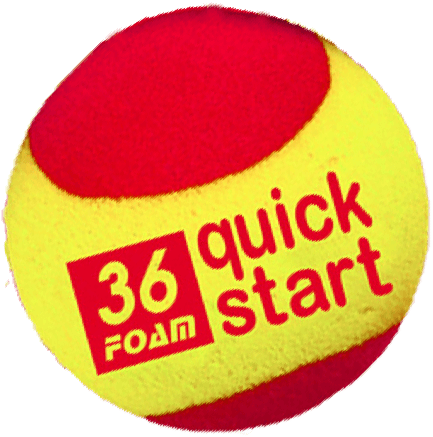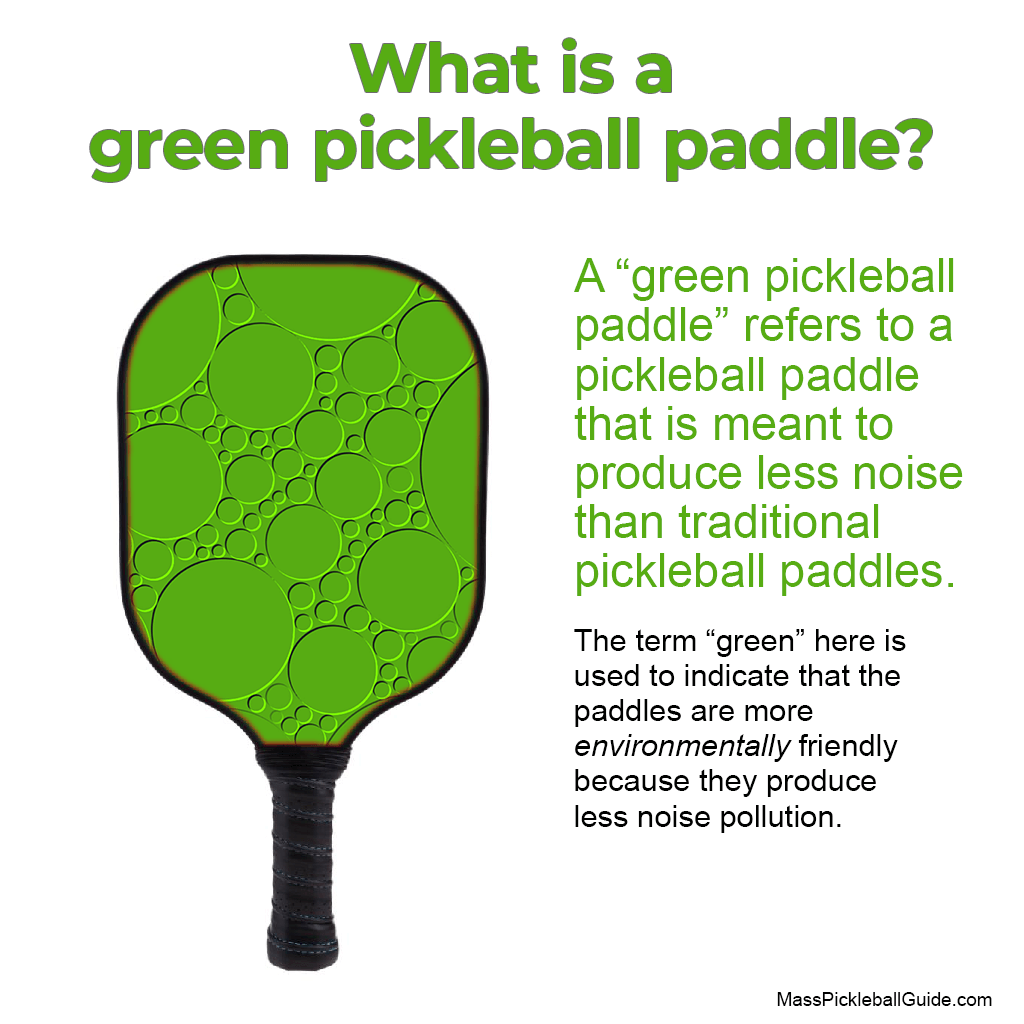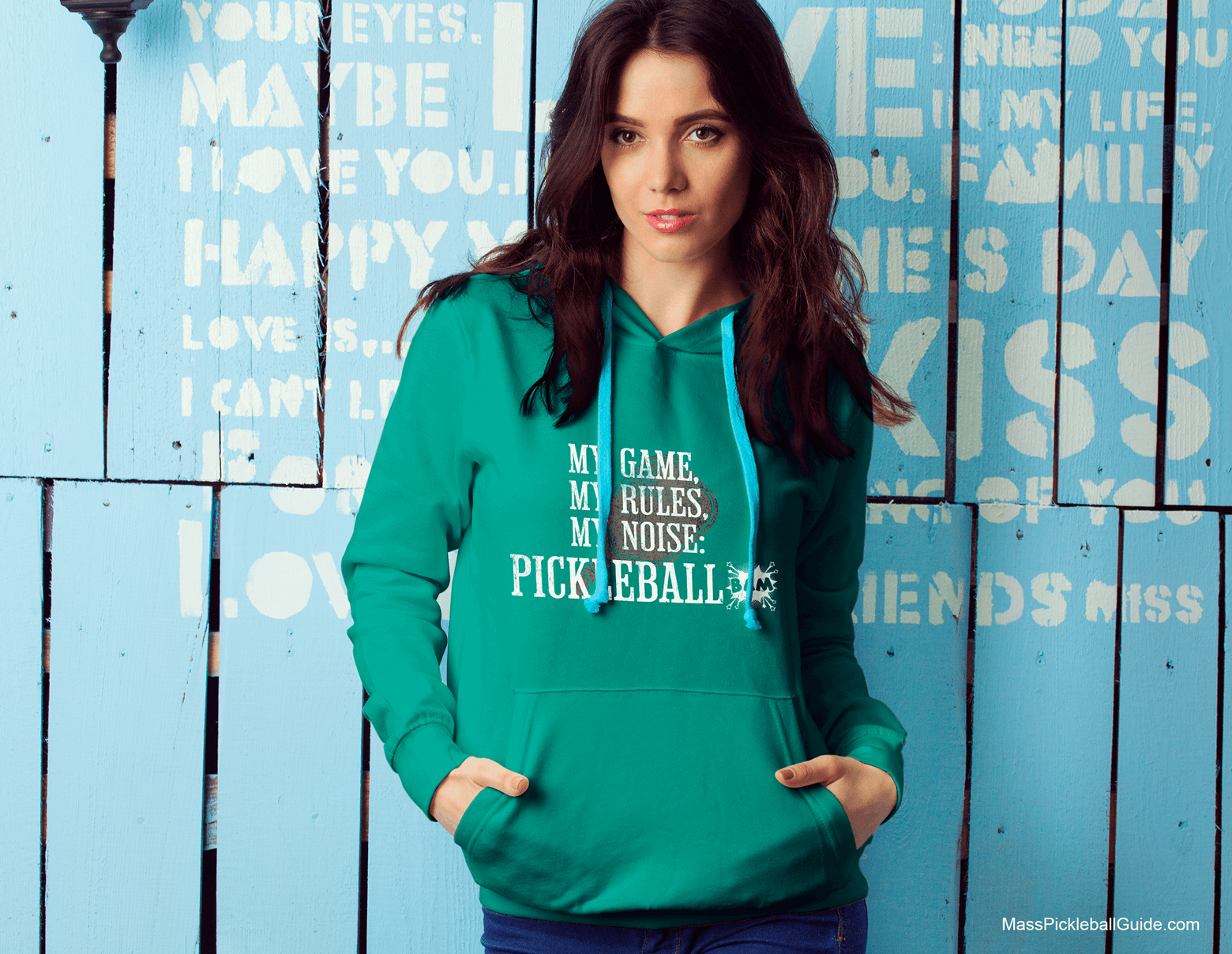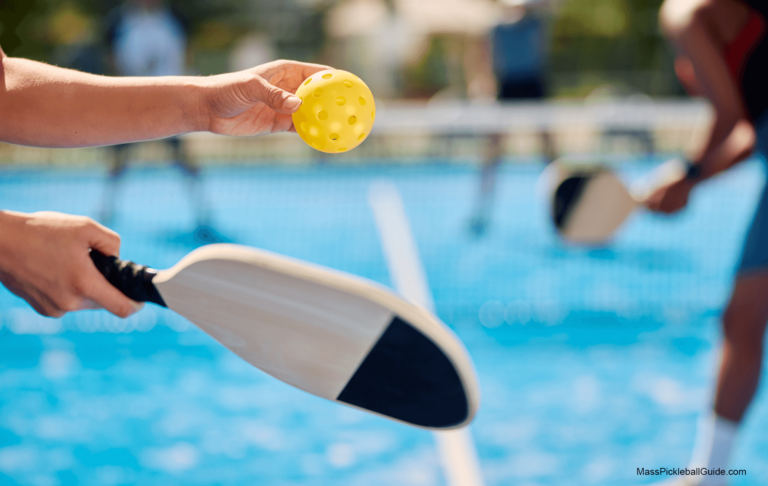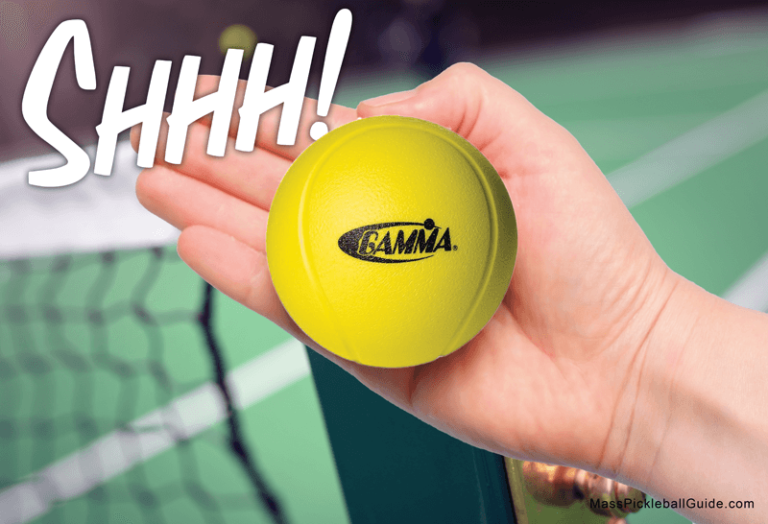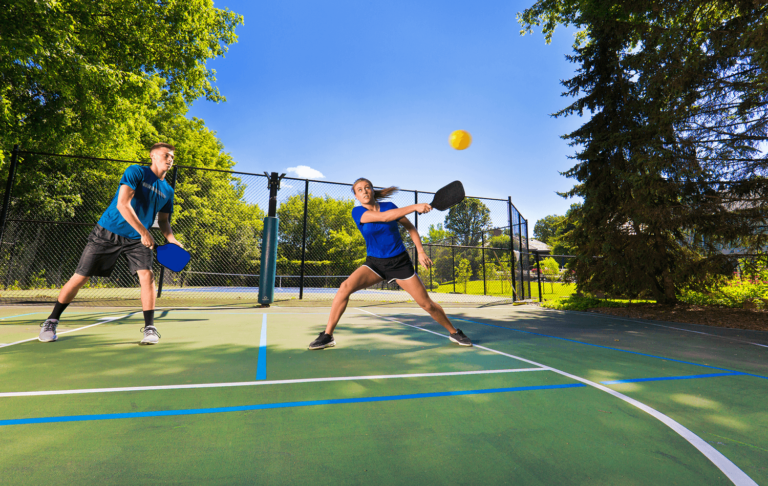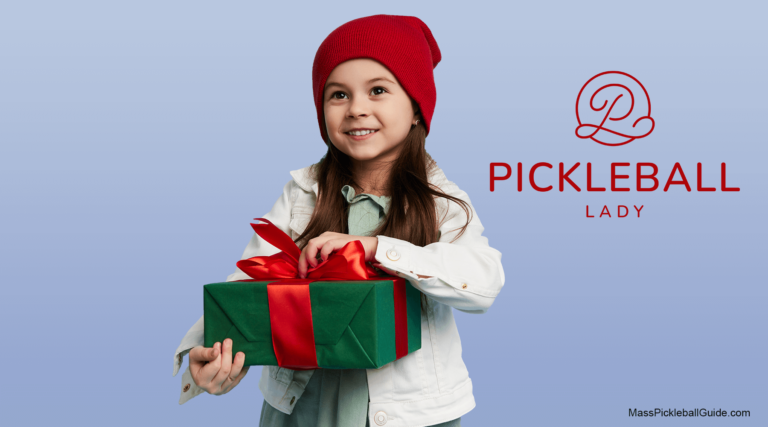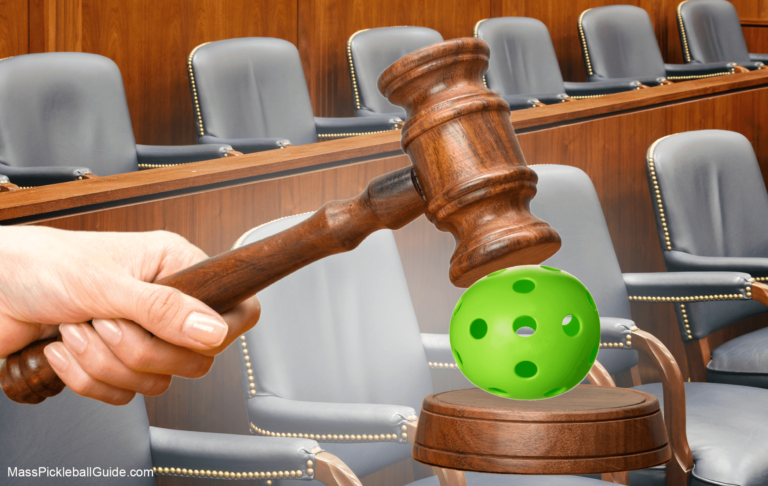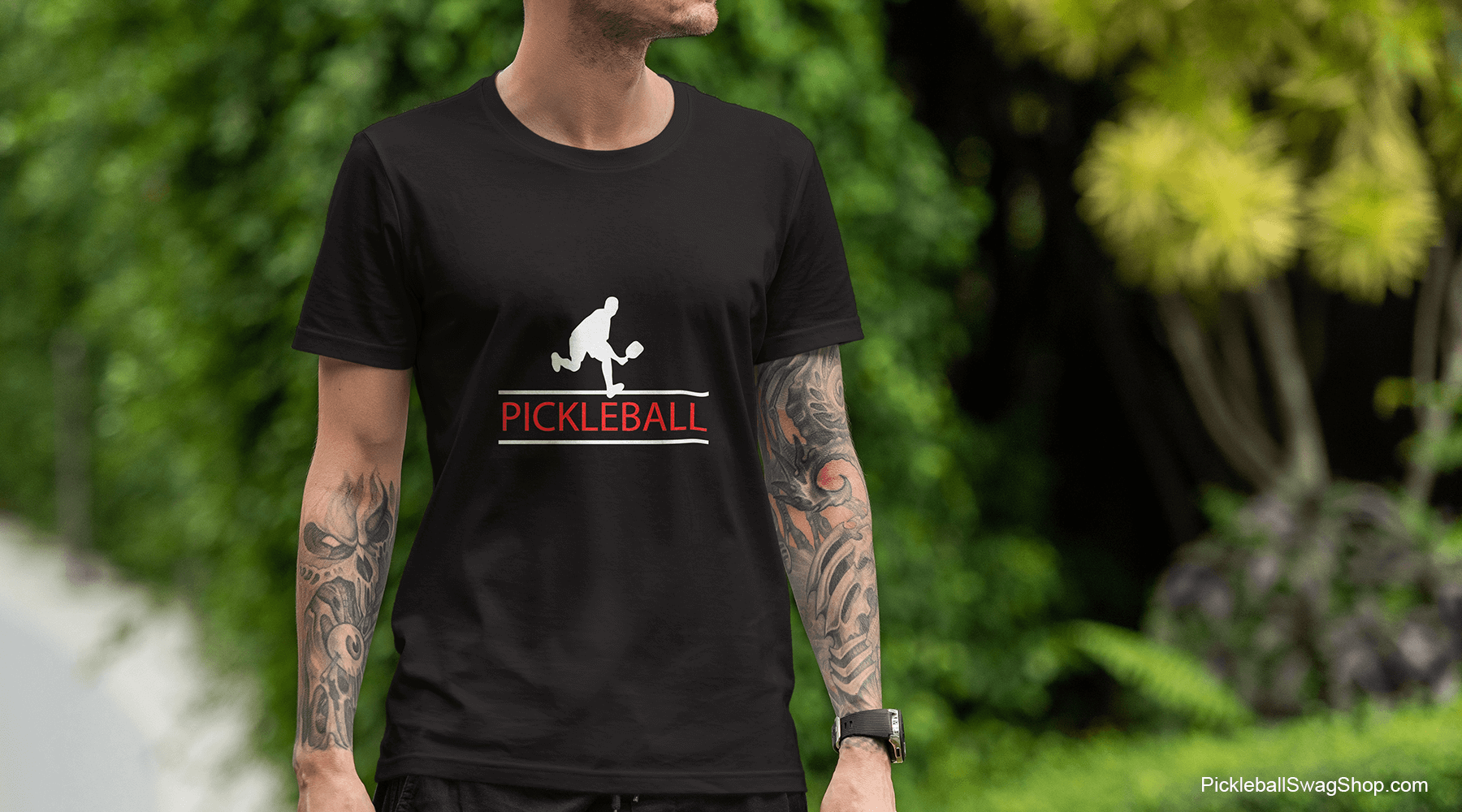The Sad Truth: Pickleball Noise Will Always Be a Problem
oh, it’s not pretty!
If you love the game of pickleball as much as we do, you may have shared our concern about the noise created by the sport. Well, either that or you’re on the receiving end of a bunch of people who want to ban the sport altogether as the noise is just unbearable (for them).
The sound of the ball being hit, the echoes it produces, and the overall racket from a fast moving game can create quite a disturbance and irritate neighbors and guests at hotels and resorts. This article will delve into the various facets of the pickleball noise issue, offering insights into its causes, potential solutions, and a realistic perspective of the situation.
See also: Silence the court: unraveling and mitigating pickleball’s noise mystery
Why Is Pickleball So Loud?
There are three main sources of noise in pickleball: the paddles, the balls, and the acoustics of the court. Most paddles are made from composite materials, including fiberglass, carbon fiber, or even aluminum, all of which create a loud, distinct sound when striking the ball. Pickleballs themselves, being made of hard plastic (and always will be), also contribute to the noise level. Lastly, the outdoor nature of most pickleball courts means there’s no sound absorption, allowing the noise to be carried far.
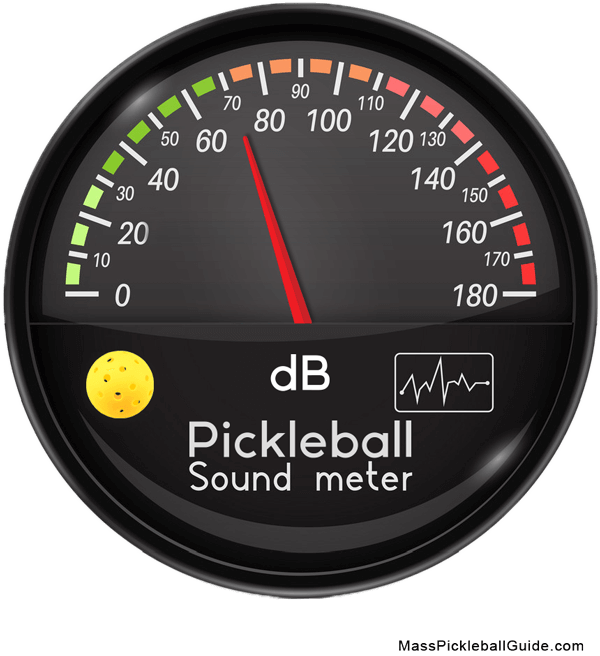
Mitigating the Pickleball Noise
Mitigation is often the best solution to the pickleball noise issue. For those who can’t stand the racket, there may be several options, but we think most are just crap.
Are Quiet Pickleballs a Waste of Money?
Yeah, foam balls may actually be a waste of your money.
The Gamma Foam Quiet Ball, for instance, provides a noiseless play experience, reducing the sound to a tolerable level. However, it’s worth mentioning that these quieter options might affect the game’s dynamics, as they are softer and less responsive than their louder counterparts.
While quiet pickleballs may not entirely eliminate the noise, they can certainly lower it. For those living or playing near noise-sensitive areas, the investment (e.g., ~ $20) could be worth it. These balls are best used indoors (no noise issue there) and more likely used for practice drills and with very young pickleball players.
Quiet pickleball balls are the most effective way of reducing the noise but also the most senseless considering their limited use. Equate this to having a soft rubber puck in hockey so the goalies either has to wear less equipment or reduce any harmful shots – just silly.
The science of the pickleball: what is a pickleball made of?
You can’t use these foam pickleballs outdoors and they are banned from any pickleball game that’s officiated such as a tournament.
Pros
Cons
Best quiet pickleball balls – our recommendations
If you’re interested in trying foam balls, one popular option is the Gamma foam pickleball balls. These balls are designed specifically for indoor/outdoor play and are made from a soft foam material that reduces noise.
They also have a slightly smaller size and lighter weight than traditional pickleball balls, making them easier to hit and control. As a bonus, their bright neon color makes them highly visible in various lighting conditions.
Another worthy mention is the Onix Pure 2 Indoor Ball, which combines the best of durability, balanced flight, and reduced noise. This quiet pickleball ball is also approved by the USAPA, ensuring it meets quality and gameplay standards.
Keep in mind that quiet pickleball balls need to be handled with extra care vs. the traditional plastic pickleball ball – they can be more susceptible to wear. Ensuring proper storage and usage can significantly enhance their lifespan.
Do Quieter Pickleball Paddles Make Any Difference in Reducing Pickleball Noise?
Yes, quieter pickleball paddles can make a significant difference in reducing the noise. The materials and construction of the paddle are critical factors in determining the level of noise it produces.
Most traditional pickleball paddles are made of hard composite materials like fiberglass, carbon fiber, or aluminum. When these paddles strike the plastic ball, they create a sharp, loud sound, which can be disturbing to some people.
Quieter paddles, on the other hand, are typically made of softer, noise-absorbing materials. For instance, some paddles are constructed with a poly-core, which is a softer material that reduces the level of noise when the ball is hit.
You guessed it…
While these quieter paddles can reduce noise levels, they might also affect the game’s dynamics. Quieter paddles tend to be less responsive and provide less “pop” compared to their harder counterparts, potentially altering the pace and feel of the game.
So yes, while quieter pickleball paddles do help in mitigating the noise issue, players should also consider their impact on gameplay before making a switch. For those who live or play near noise-sensitive areas or are particularly concerned about the noise, a quieter paddle can be a good compromise between maintaining the enjoyment of the game and being respectful of the surrounding environment.
Pros
Cons
The Green Zone
This concept involves designating specific areas with a noise reduction rating for pickleball play. These zones are usually located away from residential areas, limiting the spread of noise.
Ok, sure. Let’s take that tennis court that folks may use for pickleball and move it further behind the high school. Keep moving it back till it’s in the woods. Then there would be an environmental concern as some native and rare duck may be mating in the nearby pond.
The Sound Barrier for Pickleball
A sound barrier for pickleball typically takes the form of an acoustical fence or wall. These barriers aim to absorb, diffuse, or block the path of sound waves, confining the noise within the pickleball field. These noise-blocking walls are commonly made of wood, concrete, or specialized noise-absorbing materials.
Are Sound Barriers Effective in Reducing Pickleball Noise?
Yes, sound barriers for pickleball can be effective in mitigating noise levels. A well-designed and correctly installed sound barrier can help absorb, deflect, or block the noise generated by a lively game of pickleball. They are especially beneficial for courts situated near residential areas or noise-sensitive zones.
However, the degree of their effectiveness can vary depending on several factors:
- Materials: The choice of material can significantly influence the effectiveness of a sound barrier. Dense materials such as concrete or wood are usually good at blocking sound, while materials with porous surfaces, like certain specialized acoustic materials, can absorb sound.
- Height and Density: A taller, denser barrier will block more sound. Sound travels in a straight line until it hits an obstacle, at which point it can be absorbed, reflected, or diffracted. By increasing the height and density of the barrier, you can reduce the amount of sound that goes over or through it.
- Location and Coverage: The effectiveness of a sound barrier also depends on its placement relative to the source of the noise (the pickleball court) and the receivers of the noise (nearby homes, for example). A sound barrier that completely surrounds a court will be more effective than one that covers only one or two sides.
- Design and Maintenance: The design of the sound barrier also plays a role. For instance, a barrier with gaps or holes will be less effective. Over time, wear and tear can also reduce effectiveness, so regular maintenance is important.
See Do Pickleball Sound Barriers Work?
While sound barriers can significantly reduce noise levels, it’s important to remember that they may not eliminate the noise. There is a notable difference before (84 dB) and after the installation of barriers (69 dB): effectively reduces the impact sound by 15 dB.
Pros
Cons
Final Words: Is There Any Solution?
Pickleball being a loud sport is an inherent aspect of its design. We could stop right there but that wouldn’t be fair to you.
While there are methods to lessen the noise, the sound will never be completely eradicated. Solutions like the Gamma Foam Quiet Ball, poly-core paddles, quieter zones, and acoustical fencing can all help, but they come with their trade-offs. There is even a new “quiet category” of pickleball equipment – not sure how far that will get us.
BTW – do not hire an expensive pickleball sound engineer to mitigate the sound.
Sport Your Spirit: Pickleball Noise Apparel
Embrace the lighter side of pickleball with our whimsical t-shirt collection, specifically designed to humorously target the noise detractors of our beloved sport! Each shirt expresses the collective joy of the pickleball community, gently poking fun at those who find its characteristic sound bothersome.

